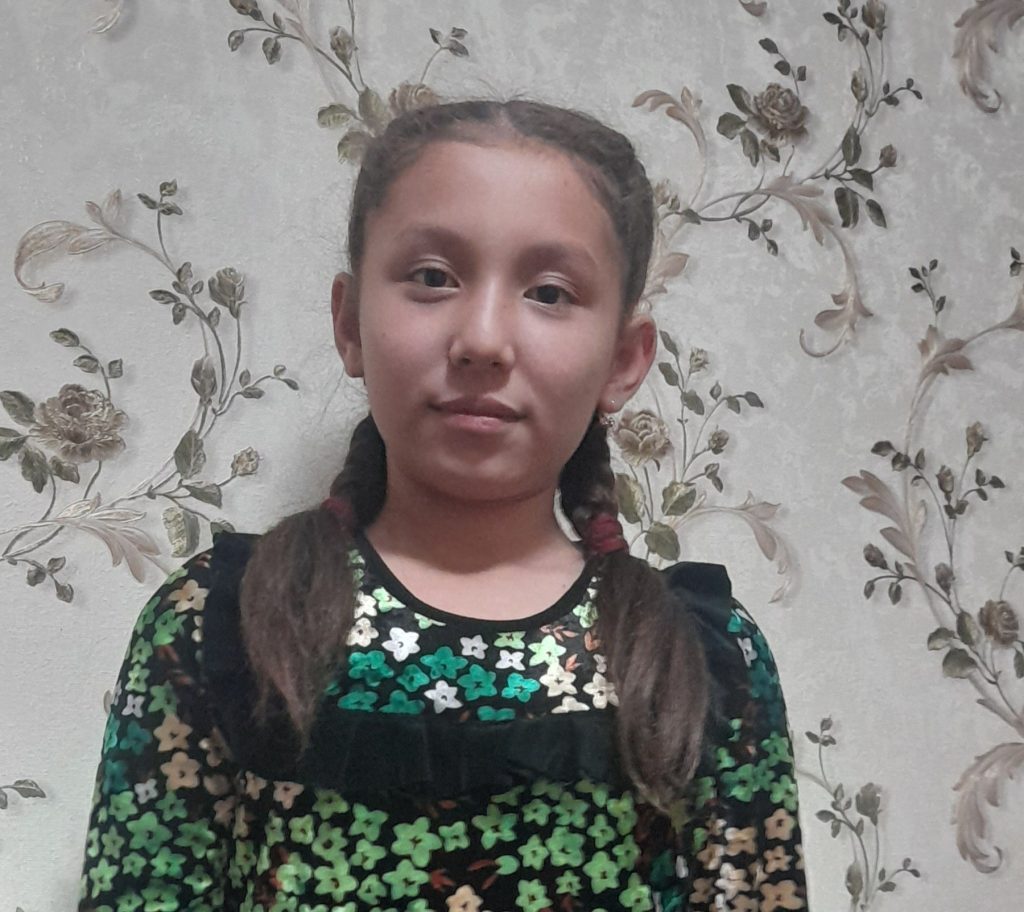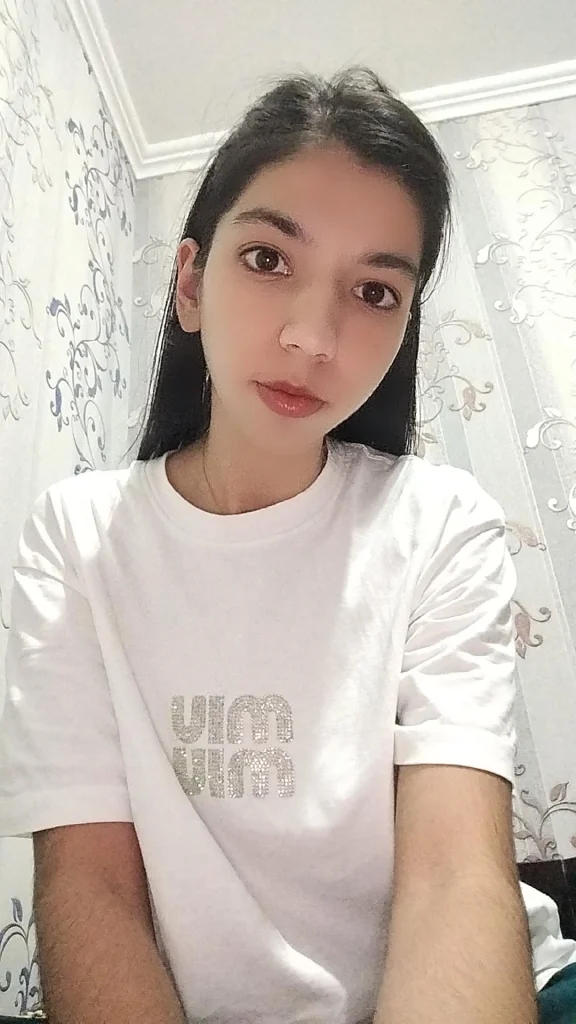
Synchronized Chaos Magazine expresses our sorrow for the lives and property lost in the Los Angeles wildfires. We invite people to visit here to learn about how to send cards of encouragement to fire crews and to donate books to replace school library collections that have burned.
In March we will have a presence at the Association of Writing Programs conference in L.A. which will include an offsite reading at Chevalier’s Books on Friday, March 28th at 6pm. All are welcome to attend!
Contributor Eva Petropoulou Lianou shares the Caesurae Collective Society’s call for submissions of poetry about consciousness.
The anthology seeks to weave a fabric of poetic expressions that resonate with the theme of consciousness—exploring the mind, the self, and the infinite cosmos—weaving together poetic voices that reflect on what it means to be aware, alive, and interconnected. Submissions due February 10th, 2025, information here.
Also, World Wide Writer Web invites submissions of short stories for their annual contest. Information here.
Finally, contributor Chimezie Ihekuna seeks a publisher for his children’s story collection Family Time. Family Time! Is a series that is aimed at educating, entertaining and inspiring children between the ages of two and seven years of age. It is intended to engage parents, teachers and children with stories that bring a healthy learning relationship among them.

This issue explores how we see and interpret our world through pieces that draw our attention to various focal points and take a closeup or wider angle view.
Some people zoom in on a particular place or image, using that as a meditation to begin deeper thoughts.
Sayani Mukherjee evokes an island’s lost grandeur through describing historical ruins while acknowledging the destination’s current reality. Student group 2123, from Uzbekistan, contributes a group reflection on their trip to Samarkand.
Dario creates a musical combination inspired by the complex culture of New Orleans. Kylian Cubilla Gomez’ photography focuses in on bits of play and whimsy in toys and in daily life.
Precious Moses draws on the West African iroko tree as a symbol of maturity and strength in hard times. Rahmat A. Muhammad expresses hope through the birth of a young sister in a world touched by darkness and pain.

Dilshoda Izzatilloyeva illustrates from her own life how people can learn and grow through challenges and setbacks.
Mashhura Usmonova expresses gratitude for her teacher and for education, which has allowed her to write as a container for her emotions.
Dr. Jernail Singh offers thoughts on poetry: how he appreciates cohesion and meaning as well as pretty language. Noah Berlatsky gives a dramatic take on the excision needed for the creative process. Daniel De Culla offers up a satirical and humorous take on writing generated through artificial intelligence as Texas Fontanella blasts the firehose of words and letters in our general direction. Jerome Berglund and Shane Coppage’s collaborative haiku include humor and clever twists of phrase.
Jacques Fleury poetizes about how knowing vital history can protect you from being erased by others’ fear or hatred.
Maria Miraglia, as interviewed by Eva Petropolou Lianou, speaks to the importance of literacy and education in world peacemaking efforts.
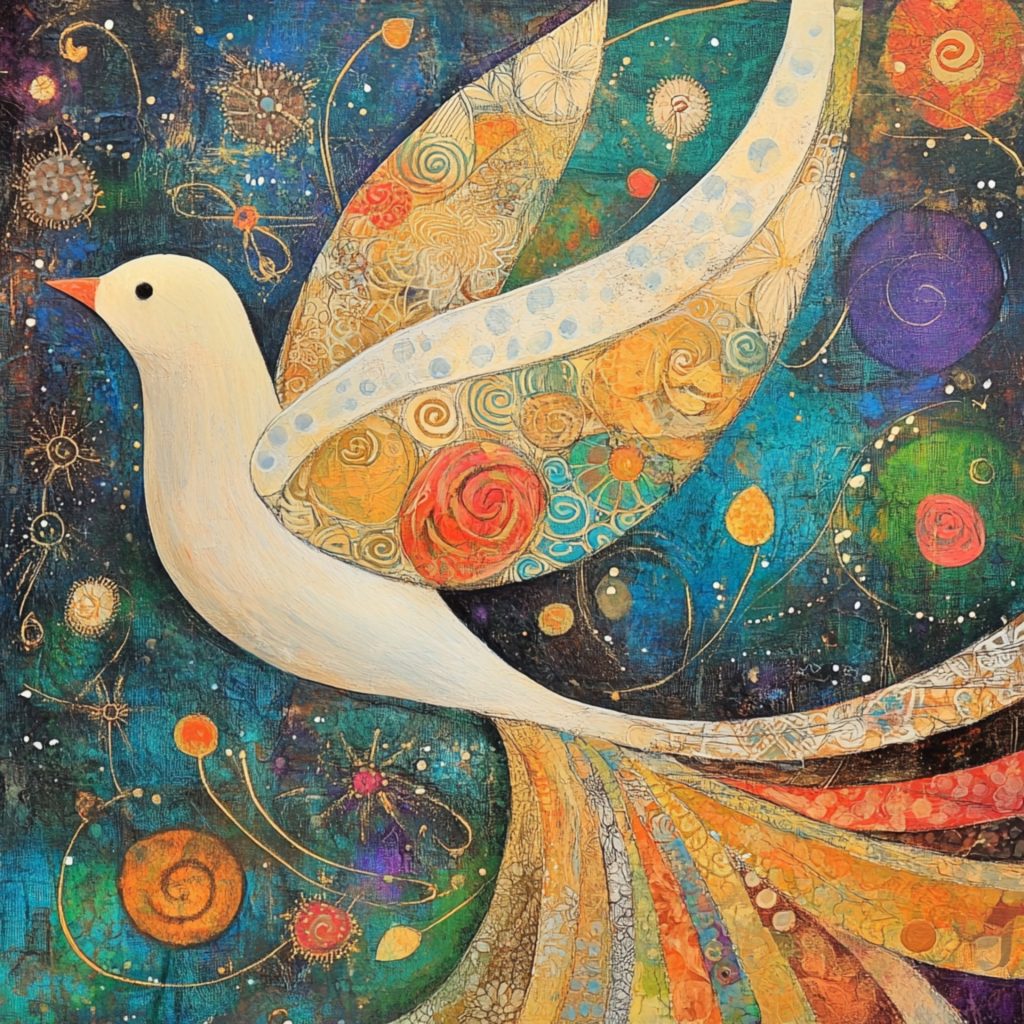
Ashok Kumar reviews a poem by Eva Lianou Petropolou expressing her hopes for peace in the world. Eva Petropolou Lianou reviews a poetic plea for peace by Yatti Sadeli. Victor Ogan offers up a call for tolerance and equality among people of different races and cultures.
Loki Nounou calls out a culture of sexism in which violating women’s rights and their bodies becomes normalized. Narzulloyeva Munisa Bakhromovna highlights the critical need to stamp out global corruption.
Mahbub Alam laments the killing in Gaza and hopes that everyone who dies makes it into a better place. Graciela Noemi Villaverde also mourns the destruction in Gaza, personifying the land and culture into a living being to highlight its pain and beauty. Lidia Popa speaks directly to the heart and conscience of the world in her call for peace in Gaza. Maja Milojkovic revels in the beauty of peace, for Gaza and everywhere. Wazed Abdullah honors the quiet and dignified resilience of Gazans as Don Bormon affirms that the place will recover and heal.
Laurette Tanner charts and maps her journeys, hoping this wisdom will carry over into developing ways to lessen the suffering of the homeless.
Shoxijahon Urunov inspires us to protect the tenderness of our hearts. Nilufar Anvarova’s piece encourages us to follow our hearts and show kindness to each other. Eva Petropolou Lianou expresses her human vulnerability and desire for understanding and healing. Mesfakus Salahin’s poem speaks to love but also to mystery: how complex we all are and whether we can truly know another.
Stephen Jarrell Williams crafts haiku vignettes on the search for bits of hope and connection in a large modern cityscape.
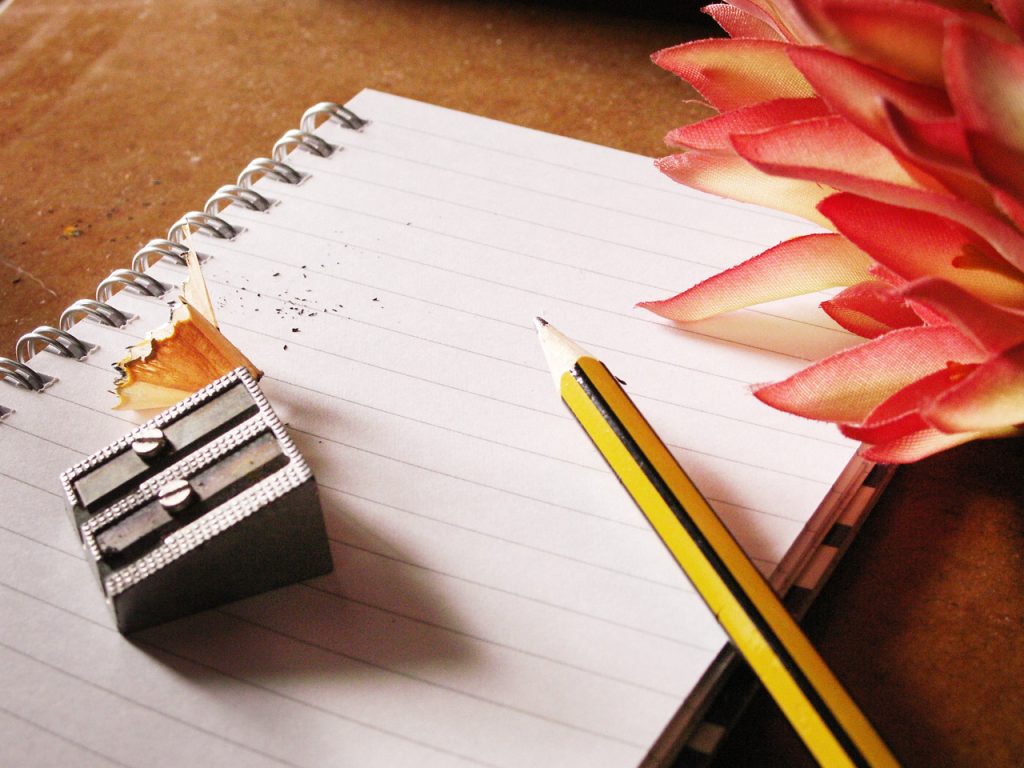
Mashhura Usmonova expresses gratitude for her teacher and for education, which has allowed her writing as a container for her emotions. Raxmonova Durdona offers up a tender tribute for a caring and deceased uncle.
Maria Teresa Liuzzo’s poetry illuminates deep feeling: passionate love and the inevitability of human suffering. Mykyta Ryzhykh digs deep for meaning in a world littered with death as Orzigul Sherova urges readers to make the best use of their limited time. Lilian Dipasupil Kunimasa also encourages making the most of life, holding onto faith and hope in a confusing world.
Scott C. Holstad explores themes of disillusionment, introspection, and the search for love and meaning in life. Tagrid Bou Merhi’s elegant words wander through a quest for identity and meaning in a seemingly empty world. In a semicomic short story, Bill Tope fears losing memory and mental capacity. J.J. Campbell writes of numbness, aging, and loss. He connects with others, but even these interactions are tinged with sadness, longing, and thoughts of mortality.
Audrija Paul tells the story of a heart broken when a person reads more into a relationship than is there. Taylor Dibbert describes a relationship that ended as impulsively as it began. Z.I. Mahmud explores generational family dysfunction in his essay on Henrik Ibsen’s Ghosts.
Chris Butler’s short poems probe themes of identity and love and our relationships to nature and technology.
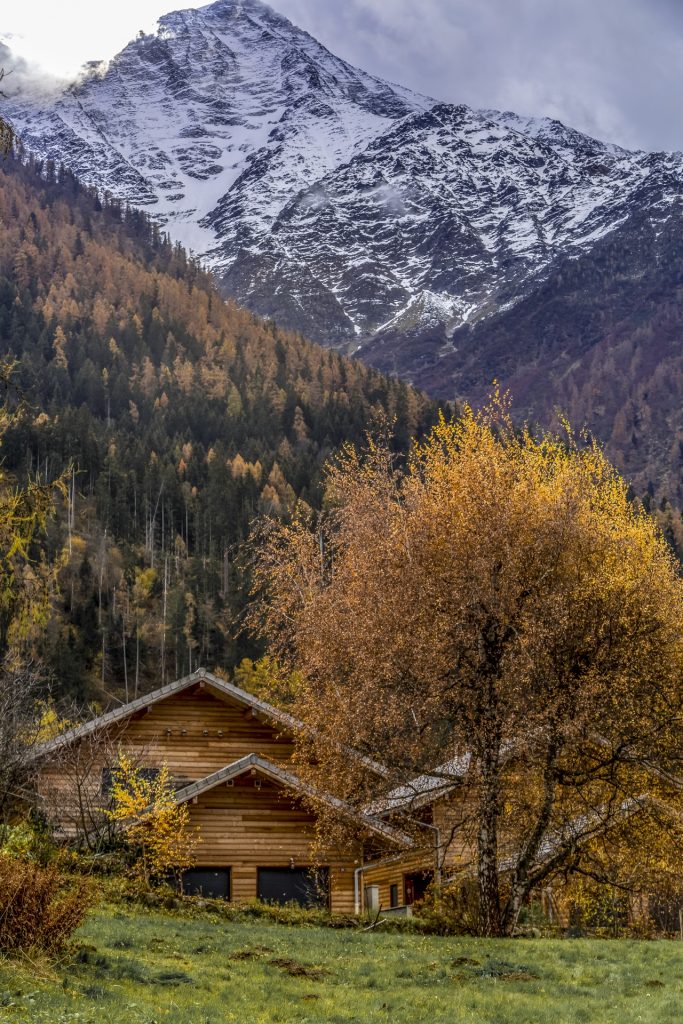
Alex S. Johnson proffers a mythic tale where a hero foils the unholy plots of power-hungry gods and wild natural forces.
Rustamova Muqaddas relates twists of fate on a hiking trip, the uneasy balance of humans and wild nature.
Joseph Ogbonna writes of the majestic richness of the Himalayas as Gadoyboyeva Gulsanam describes the power and transience of a rainstorm. Ilhomova Mohichehra conveys the joy of children playing outside on a snowy day. John Brantingham’s short story shows a couple re-evaluating how much they have in common while watching muskrats go about their business.
Mark Young’s surreal poetry touches on climate change, politics, nature, and job hunting, as Su Yun’s work explores time, nature, identity, and memory.
Duane Vorhees’ work addresses life, death, and the physical and sensual aspects of our existence with wit and humor. Marjona Jo’rayeva Baxtiyorovna offers blessings for weddings as Nate Mancuso’s tough and ironic gangster tale takes place in the world of calm seniors and pickleball. Alan Catlin presents sets of poems in three parts, each looking at aspects of aging, nature, and art.
Tom McDade braids vignettes and images from life together with artworks from different eras. Peter Cherches’ vignettes present character sketches of people on journeys, literal or emotional.
Reading this issue is a journey of its own, and we invite you to savor these contributions.

